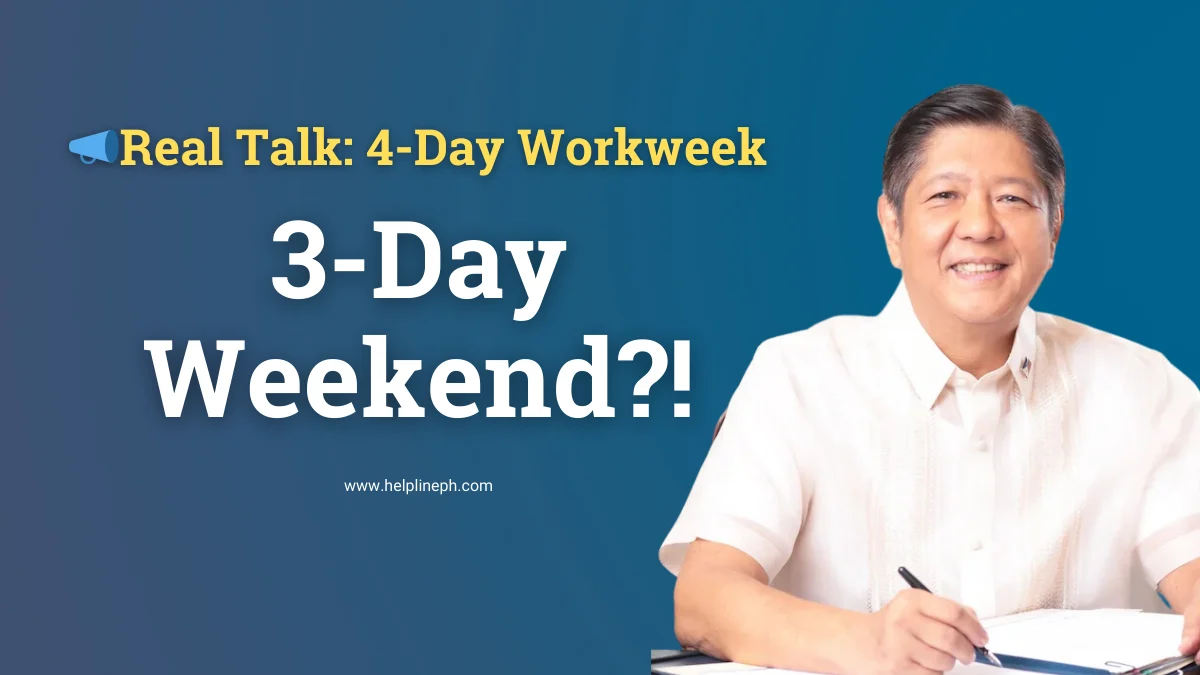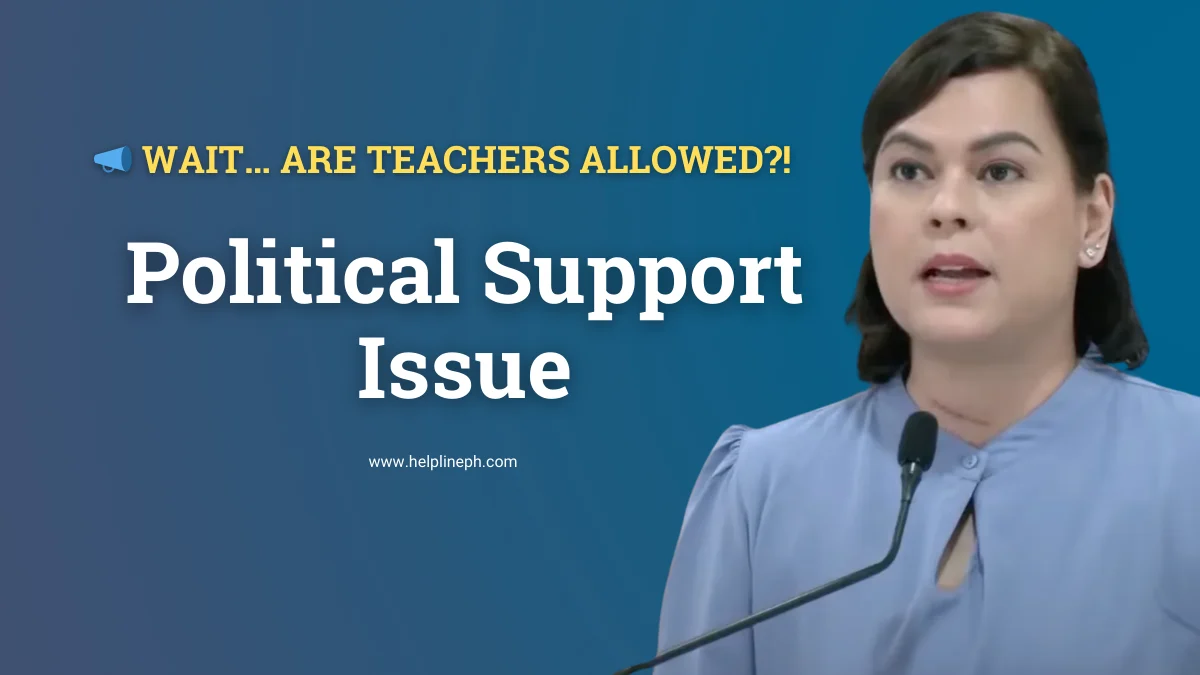When people hear that a student failed, they often think the problem ends there. But for teachers, it’s just the start of a much heavier challenge. Teachers will struggle when students fail—and the truth is, it’s often worse than most people realize.
In Philippine public schools, the fight against student failure is not just about helping the learner. It’s also about battling policies, paperwork, and pressure from higher-ups. While the Department of Education (DepEd) does not officially order “mass promotion,” many teachers say the system pushes them toward it.
The insights below are based on real experiences shared by public school teachers (EDCOM 2, 2024) and supported by DepEd guidelines. These are not just complaints—they’re warnings about a silent crisis in our classrooms.
What Happens When a Student Fails?
1. The teacher carries the load—without extra pay
If you teach the student who failed, you’re also responsible for their remediation. That means extra lessons, make-up work, and constant follow-ups—often outside regular class hours. The catch? No additional pay or official time allowance.
2. Once enrolled, they can’t be removed from the LIS
In the Learner Information System (LIS), once a student is officially enrolled, they cannot be “unenrolled.” Even if they stop attending, their name stays in the official count. This forces teachers and school heads to find ways to pass them—sometimes just to avoid a failing record on paper.
3. Principals ask hard questions—and expect results
When a student fails, the first question from the principal is: “What did you do as their teacher?” Even with documentation like home visits, parent letters, and remedial classes, some principals still expect the teacher to pass the student.
4. Principals also feel the pressure
It’s not just teachers who face consequences. If a school has too many failing or dropping-out students, principals risk embarrassment in front of the Division Management Committee. That pressure trickles down—making the teacher’s job even harder.
Why Teachers Face These Struggles
Mass Promotion Pressure
While not written in official DepEd orders, many schools push for passing grades to keep statistics “clean.” This leads to students being promoted even if they lack basic skills, hurting long-term learning.
Weak Support for Remediation
DepEd has programs like summer remedial classes and the Literacy Remediation Program, but teachers say these often come without enough resources, materials, or dedicated time.
Systemic Shortages
EDCOM 2 found that many schools lack enough principals, forcing teachers to take on extra administrative work. Teachers also handle multiple subjects they weren’t trained for, making quality remediation harder.
Why This Is Worse Than You Think
When teachers are forced to pass students who haven’t mastered the basics, it’s not just unfair to the teacher—it’s unfair to the student. They move to the next grade unprepared, falling further behind. Over time, this creates a cycle where:
- Students lose motivation because they know they’ll be passed anyway.
- Teachers burn out from constant extra work with no reward.
- Schools report “good” statistics that hide poor learning outcomes.
The result? A quiet collapse in education quality.
How to Fix the Problem
- Provide real support for remediation – Give teachers extra time, resources, and pay when they take on extra work for failing students.
- Clarify promotion policies – Avoid punishing teachers for giving honest grades. Reward real learning, not just passing rates.
- Reduce admin burden – Let teachers focus on teaching and remediation, not endless paperwork.
- Fund learning programs – Ensure remedial and literacy programs have materials, monitoring, and proper staffing.
Personal Story
I once spoke to a math teacher who stayed two hours after class every day for months to help a failing student. She bought review books from her own salary and skipped lunch to tutor. The student passed—but the teacher ended up sick from exhaustion. This is the human cost hidden behind our “promotion rates.”
FAQs
Does DepEd order teachers to pass failing students?
No, but unclear rules and pressure from school heads often push teachers toward mass promotion.
Can a student be removed from the LIS if they stop attending?
No. Once enrolled, they remain in the system, which affects official records.
Why do principals care so much about failing students?
High failure or dropout rates can reflect poorly in division-level meetings, so principals often pressure teachers to pass students.
What’s the main harm of mass promotion?
Students move up without mastering basic skills, leading to bigger learning gaps in higher grades.
Teachers will struggle when students fail—but the struggle isn’t just about helping a child learn. It’s about fighting a system that often values numbers over real education. Until teachers are given the tools, time, and freedom to truly help, this hidden crisis will keep hurting both our educators and our learners.






